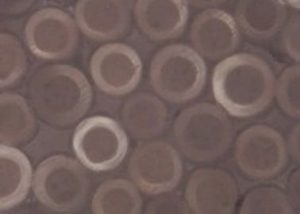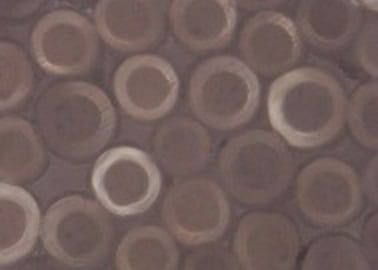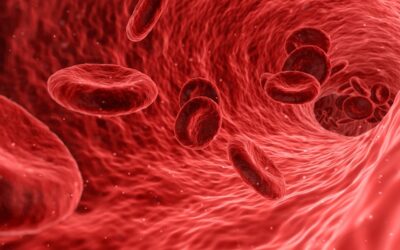 For biopolymer fibres to be useful in the medical industry, they need to be strong, biocompatible, and biodegradable at a pre-defined rate. This allows their application for drug delivery strategies, or to slowly hand over a load to the healing tissues around them. The rate of polymer degradation is dependent on a number of the polymer’s properties and on the ability to process the polymer in order to achieve them.
For biopolymer fibres to be useful in the medical industry, they need to be strong, biocompatible, and biodegradable at a pre-defined rate. This allows their application for drug delivery strategies, or to slowly hand over a load to the healing tissues around them. The rate of polymer degradation is dependent on a number of the polymer’s properties and on the ability to process the polymer in order to achieve them.
Polylactide (PLA) has approval by the FDA for use in humans, and can be sourced renewably from corn or sugar. Its ability to be melt-processed, however, is limited by its brittle nature, low melt strength, and slow crystallisation. In addition, the byproduct of PLA degradation – lactic acid – is, well, acidic; biocompatible buffer constituents need to be used in conjunction with the PLA to avoid tissue inflammation.
 One type of polymer which degrades without toxic byproducts is the hydrophobic polyester poly(3-hydroxybutyrate) (PHB), which is readily synthesised and its properties are already well known. It even exists naturally in human blood. Copolymerisation to generate poly[(3-hydroxybutyrate)-co-(3-hydroxyvalerate)] (PHBV) produces a less crystalline, more readily processed product, with the rate of degradation then easily tuned by adjusting the composition of the copolymer. Unfortunately, the products are still brittle and slow to crystallise, making processing difficult.
One type of polymer which degrades without toxic byproducts is the hydrophobic polyester poly(3-hydroxybutyrate) (PHB), which is readily synthesised and its properties are already well known. It even exists naturally in human blood. Copolymerisation to generate poly[(3-hydroxybutyrate)-co-(3-hydroxyvalerate)] (PHBV) produces a less crystalline, more readily processed product, with the rate of degradation then easily tuned by adjusting the composition of the copolymer. Unfortunately, the products are still brittle and slow to crystallise, making processing difficult.
Melt-spinning fully customisable, multicomponent fibres into core/sheath structures has now allowed these researchers from Switzerland to combine the good tensile strength of PLA and the biocompatabile, nontoxic biodegradability of polyhydroxyalkanoates like PHBV. Crucially, good cytocompatibility of these biopolymer fibres is demonstrated in vivo.
This article is part of the special Best of Macros 2012 issue, and is now free to read at http://www.best-of-macros.de!

















